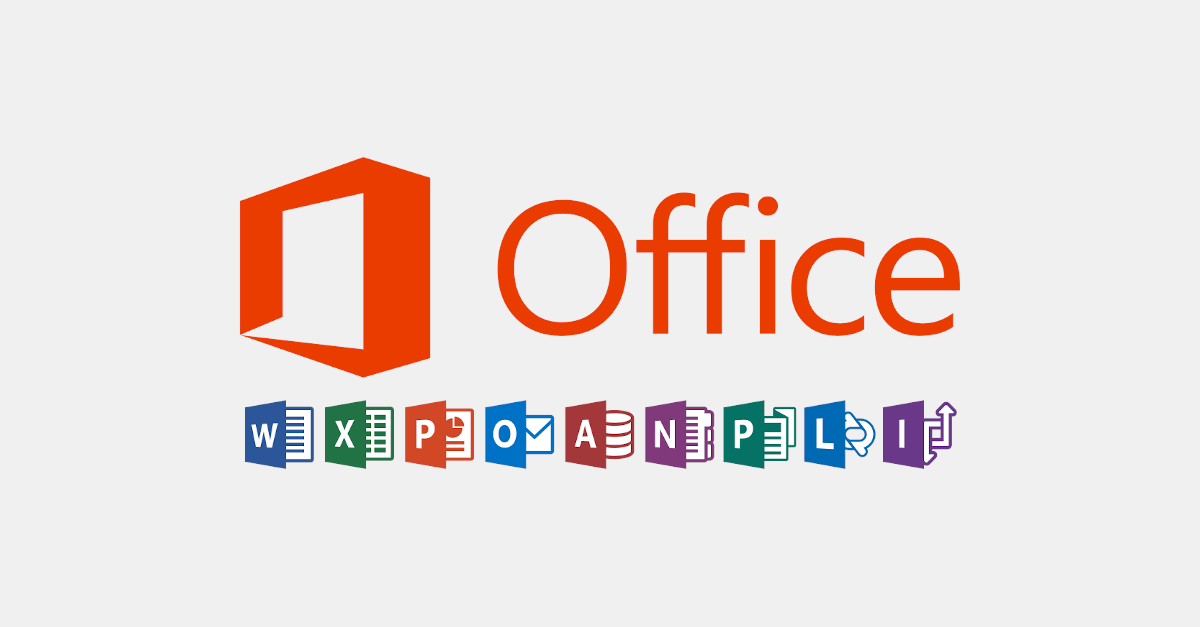Security News

If you are running an online discussion forum based on vBulletin software, make sure it has been updated to install a newly issued security patch that fixes a critical vulnerability. Maintainers of the vBulletin project recently announced an important patch update but didn't reveal any information on the underlying security vulnerability, identified as CVE-2020-12720.

If you are running an online discussion forum based on vBulletin software, make sure it has been updated to install a newly issued security patch that fixes a critical vulnerability. Maintainers of the vBulletin project recently announced an important patch update but didn't reveal any information on the underlying security vulnerability, identified as CVE-2020-12720.

If you're using vBulletin to power your online forum(s), you should implement the newest security patches offered by the developers as soon as possible. The patches fix CVE-2020-12720, a vulnerability affecting versions 5.5.6, 5.6.0 and 5.6.1 with could be exploited without previous authentication.

SaltStack Salt vulnerabilities actively exploited by attackers, patch ASAP!Two vulnerabilities in SaltStack Salt, an open-source remote task and configuration management framework, are being actively exploited by attackers, CISA warns. The US Department of Homeland Security and the UK National Cyber Security Centre issued a joint advisory in early April, warning about this increasing activity.

One malicious MMS is all it takes to pwn a Samsung smartphone: Bug squashed amid Android patch batch
Today I'm happy to release new research I've been working on for a while: 0-click RCE via MMS in all modern Samsung phones, due to numerous bugs in a little-known custom "Qmage" image codec supported by Skia on Samsung devices. The patch coincides with Android's monthly release of security fixes: all owners of devices running supported versions of Android will want to check for and install relevant updates in May's patch batch.

The forecast for May is looking light on updates, which will be a relief to many IT professionals busy dealing with increasing threats and the challenges of remote system management. Oracle released their Critical Patch Updates last month which happened to coincide with April Patch Tuesday.

Two vulnerabilities in SaltStack Salt, an open-source remote task and configuration management framework, are being actively exploited by attackers, CISA warns. The vulnerabilities affect all Salt versions prior to 2019.2.4 and 3000.2, which were released last week.

Netsweeper's internet filter has a nasty security vulnerability that can be exploited to hijack the host server and tamper with lists of blocked websites. Rathaus told The Register that, in the worst case scenario, a hacker could exploit the bug to not only take over the host server, but also manipulate how users have their content filtered and delivered by Netsweeper.

The Salt configuration tool has patched two vulnerabilities whose combined effect was to expose Salt installations to complete control by an attacker. Salt is a tool from SaltStack which has both commercial and open source editions.

Well, here's the thing: it seems that the Microsoft Office 2019 and Office 365 ProPlus products from Microsoft include support for FBX files - whether you use FBXes yourself or not - and that the code to process those files comes from Autodesk. As you probably know, an RCE bug that is present when a vulnerable application processes a booby-trapped file often means that simply opening up or previewing that file could allow crooks to implant malware on your computer.